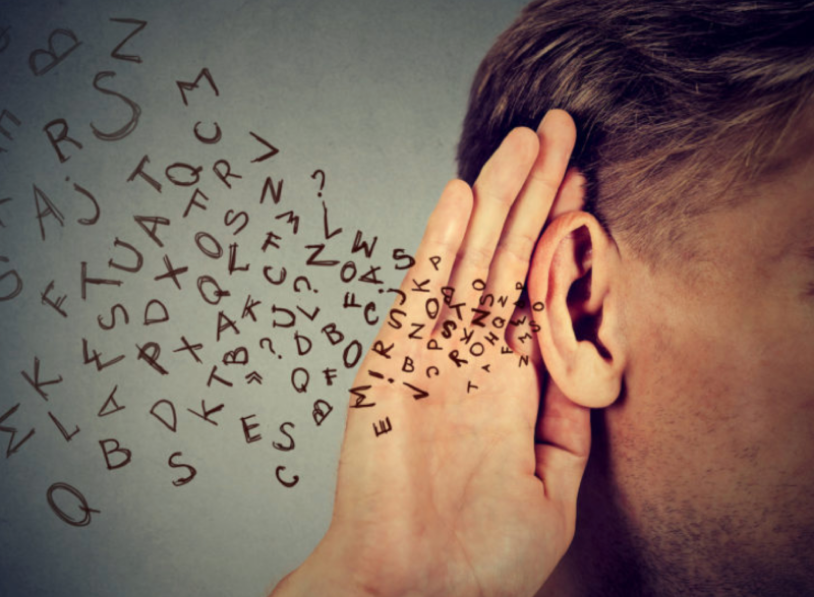
A Listening Ear
Written by: Chris Harrison
How many times have you heard a situation attributed to a ‘communications breakdown’? It’s often cited in customer relationships when the complainant believes something promised was not delivered and the apologist cannot or will not account for it.
It happens when colleagues let one another down or employees have not received clear instructions. In fact, it happens hundreds of thousands of times a day, in every walk of life.
But in a world where human beings talk to one another almost every waking moment how does this happen? How do people who have been part of the same conversation come away with different interpretations?
The answer is very simple and can easily be demonstrated with a festive homily. During Christmas, holiday families indulge themselves. Generations meet and mix over-rich food, interspersed with other tasty treats. At some point, someone with good sense will ordain: “No more sweeties until after dinner.” But just watch what the children do then: most will grab one more treat. They have heard the instruction, but have not really listened. The chocolate temptation was just too much.
There is a difference between being able to hear and being able to listen. Sometimes it has to do with whether or not we wish to listen; other times we may not be in a ‘space’ that is conducive to listening. We’re thinking about other stuff.
Hearing is a passive process that occurs when the ear is able to hear incoming sounds at a normal threshold. When a sound enters the ear, it is considered hearing. But just because a sound has entered the ear does not mean it was understood.
Listening, on the other hand, is an active process. An individual has to be able to focus on the sound entering the ear while tuning out distractions. Ideal listening occurs when the ear is able to filter out lower frequencies and background sounds while tuning in to the higher frequencies associated with the nuances of language.
Many people, who doubt they have the full attention of others, repeat themselves in the hope that the message will sink in. All this does is create confusion, boredom and resentment. If you really need to know whether someone has listened to you, politely ask one of them to tell you the gist of what they just heard.


